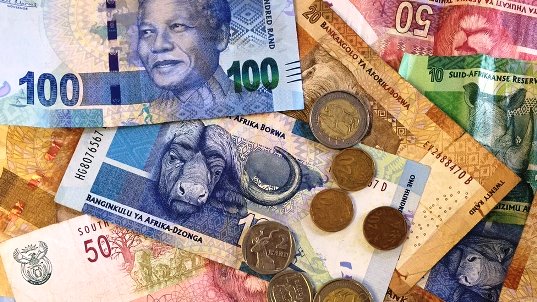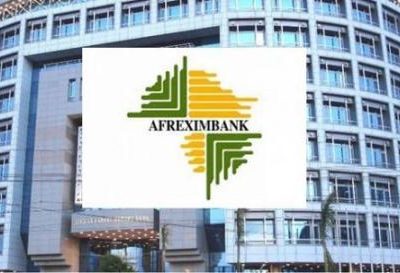South Africa ended last week on a positive note, with the JSE FTSE All Shares Index adding 0.11%, driven by growing investor optimism. Political stability under the Government of National Unity (GNU) has contributed to market confidence, particularly with over 250 days of uninterrupted electricity supply. Incremental reforms, such as privatization in energy and infrastructure, have also helped improve sentiment.
Retail and banking stocks could see increased interest, supported by pension reforms that enhance liquidity, while South African bonds have gained on expectations of steady growth without inflationary pressures. This positive momentum suggests a bullish near-term outlook for equities, especially in sectors benefiting from reforms. However, the medium-term outlook remains uncertain due to ongoing structural challenges.
Despite these gains, South Africa faces significant challenges, including high unemployment, bureaucratic hurdles, and underinvestment in sectors like mining. While incremental improvements provide market confidence, caution remains, recalling past periods of optimism that faded without substantial change. Persistent challenges suggest a cautious investor sentiment, with risks of slower growth and potential market corrections if reforms stagnate.
Meanwhile, foreign investors continue to favour government bonds, purchasing ZAR 25.8 billion in bonds this year while selling ZAR 127 billion in equities. Bonds have delivered strong returns, while equities face external risks such as U.S. tariffs and China’s economic slowdown. This preference for bonds over equities may weigh on South African stocks and limit substantial upside potential.


















